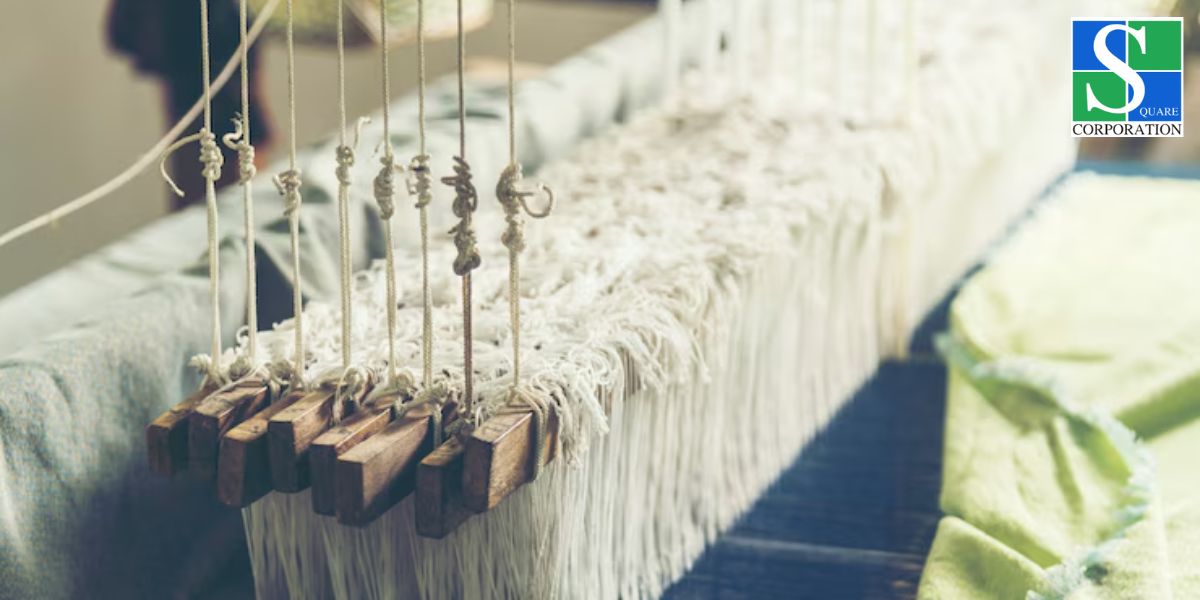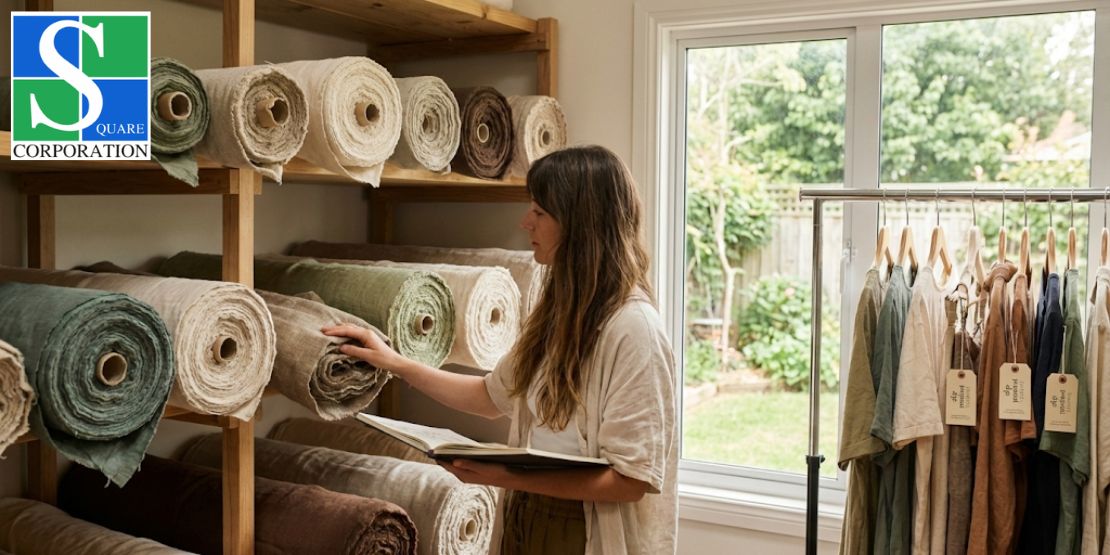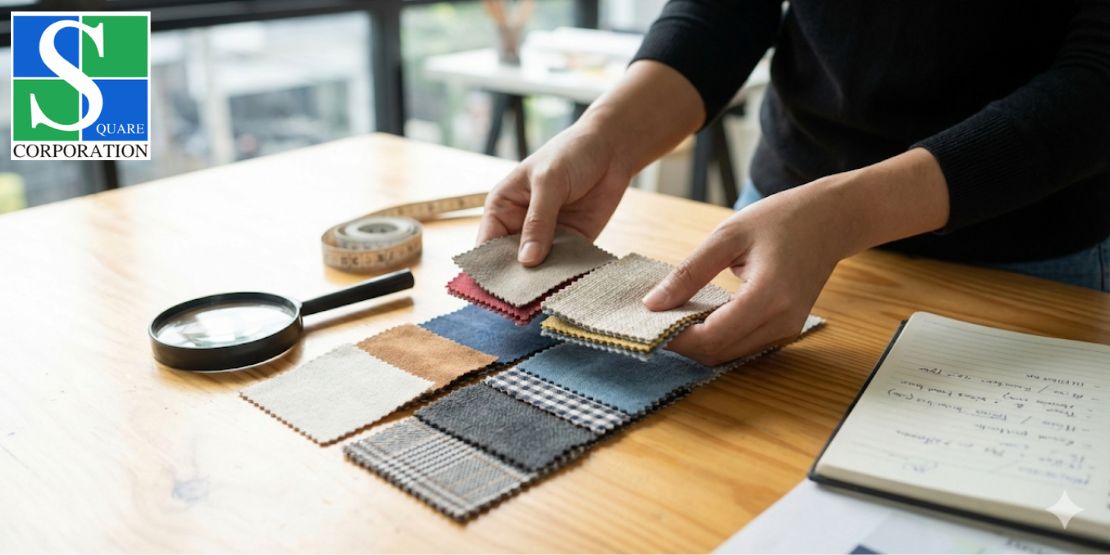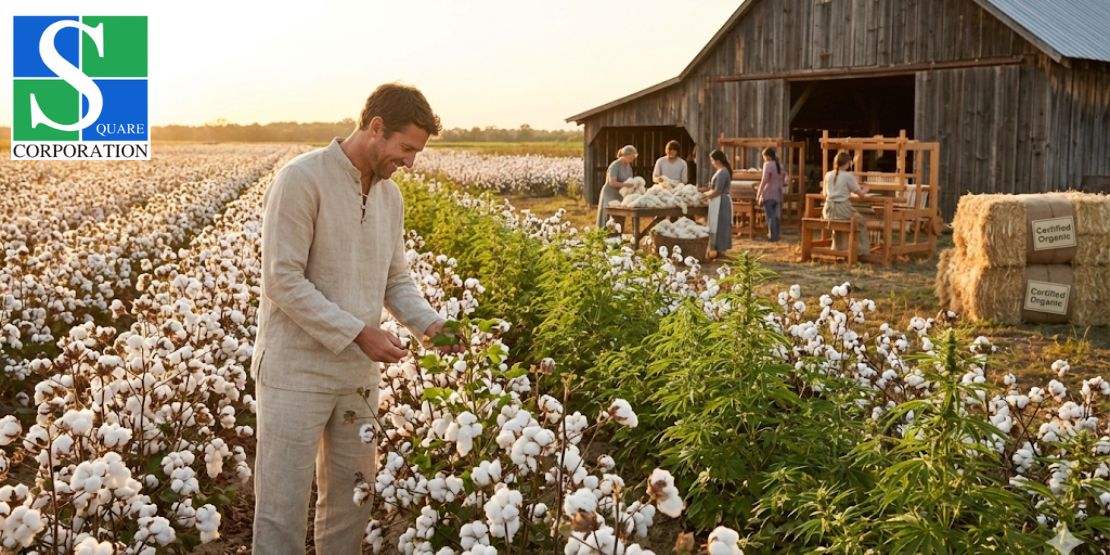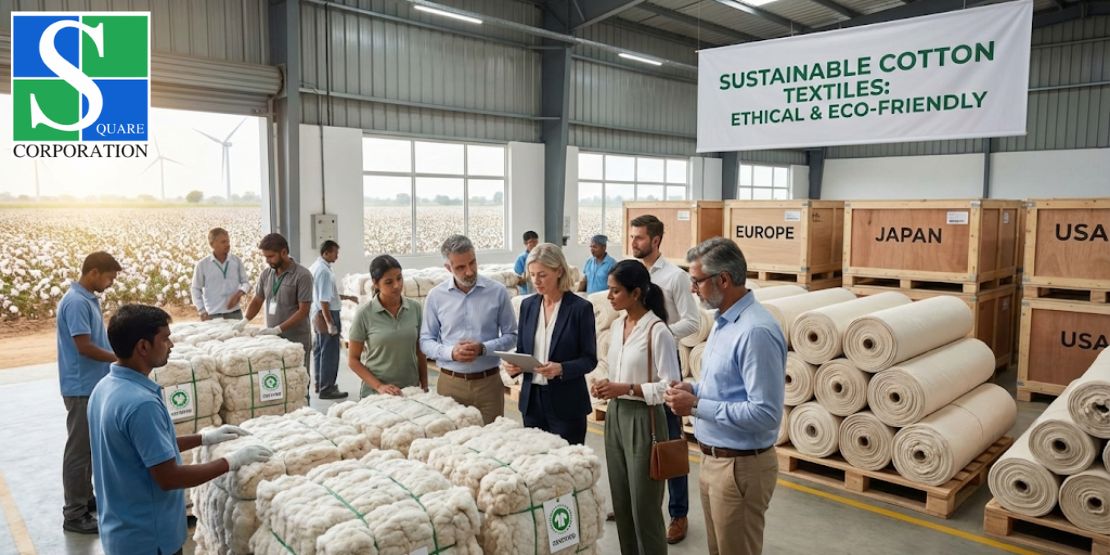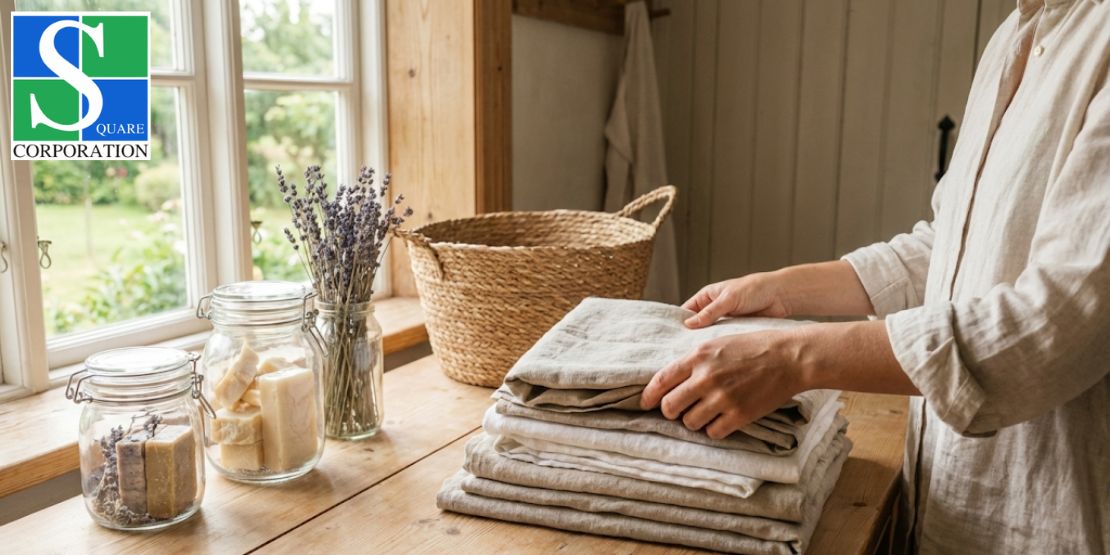10 February, 2026 | by Admin
From Raw Fiber to Finished Thread: Understanding the Yarn-Making Process
21 April, 2025 | by Admin
Do you know that India is the second largest yarn spinning center? Yearly, India manufactures more than 4700 million kilograms of spun yarn, which fulfills the basic requirement of the global textile industry. But do you have the eagerness to know how raw fibers convert into strong and smooth threads through knitting, sewing, and weaving? The yarn-making process consists of several stages, and each stage ensures unique consistency and quality.
If you choose reliable recycled cotton yarn manufacturers, you can get the best quality yarn that is vital for the textile industry. Through this comprehensive, we will discuss the step-by-step process of converting raw fiber into finished thread for yarn manufacturing purposes.
Types of Raw Fibers for Yarn Manufacturing Process
The yarn manufacturing process depends on the use of different kinds of fibers; let’s discuss them in detail-
Plants and animal fibers
Reliable yarn manufacturers use fibers from plant leaves or plant stems to produce cotton yarn, while linen comes from flax or vegetable fibers. Authentic linen manufacturers in India use the best quality flax seed fiber to deliver premium quality linen yarn.
Animal fibers
Animal fibers consist of wool from sheep and goats. On the other hand, silk fibers come from silkworms.
Synthetic fibers
Synthetic yarn manufacturers use synthetic fibers that come through spinning filament formation with chemical solutions forced through spinneret nozzles. Nylon, rayon, polyester, polyolefin, acrylic, and spandex are common types of synthetic fibers.
Step-by-Step Yarn Manufacturing Process
In this segment, we will discuss the step-by-step yarn manufacturing process, which is vital for a reliable yarn manufacturer to produce the best quality yarn.
Selection of fiber for yarn manufacturing
The yarn manufacturers select the fibers as per their yarn manufacturing requirements. It can be synthetic fiber, cotton fiber, or linen fiber. The choice of fiber depends on the yarn’s strength and texture.
The washing process of the yarn fiber
Before transferring the fiber into a spinning machine, the manufacturer washes the raw fibers through various methods.
- Scouring is the process of washing wool fiber to eliminate dirt and grease
- Ginning is the method of detaching cotton fiber from the cotton seed
- Extruding is the method of washing synthetic fiber
- Degumming is the cleaning method of silk fiber
Convert fiber into yarn through the spinning method
Spinning is the fundamental process of yarn production. In this process, yarn manufacturers merge the fibers together to create a continuous thread. This stage is vital to give the yarn strength and effective texture. Spinning methods involve several steps-
- Ring spinning
- Open-end spinning
- Air jet spinning
Add texture and strength to the yarn through the plying method
This stage is vital to add significant strength and texture to the yarn. The plying method enhances the durability of the yarn. This stage involves several steps-
- 2 ply yarn is vital to enhance the yarn balance and make it strong
- 3ply yarn is vital to make the yarn smooth and polished
- Multi-ply yarn is an essential step in making heavy-duty yarn
Betterment of yarn quality through the finishing stage
After the plying process, yarn passes through finishing methods that involve various steps-
- Steaming is a vital step to stabilize the yarn twist
- The dyeing step is essential to add color to the yarn
- Sizing smoothness of the yarn for weaving purposes.
Packaging of yarn
In the last stage, the manufacturers convert the yarn into balls or cones for distribution or shipping purposes. Proper packing is vital to ensure tangle-free handling for weavers and manufacturers. Electric scanners can ascertain and remove all spinning faults before final dispatching.
Conclusion
Although spinning is the most vital step for the textile industry as it involves twisted fiber strands together to produce durable yarn, all other steps are equally necessary for making premium quality yarn. Contact, Square Corporation for the best quality yarn for the textile industry. We follow the most unique methods for yarn manufacturing, which is vital to producing top-quality yarn.
Related Posts
05 February, 2026 | by Admin
How to Compare Fabric Samples Effectively...
30 January, 2026 | by Admin

